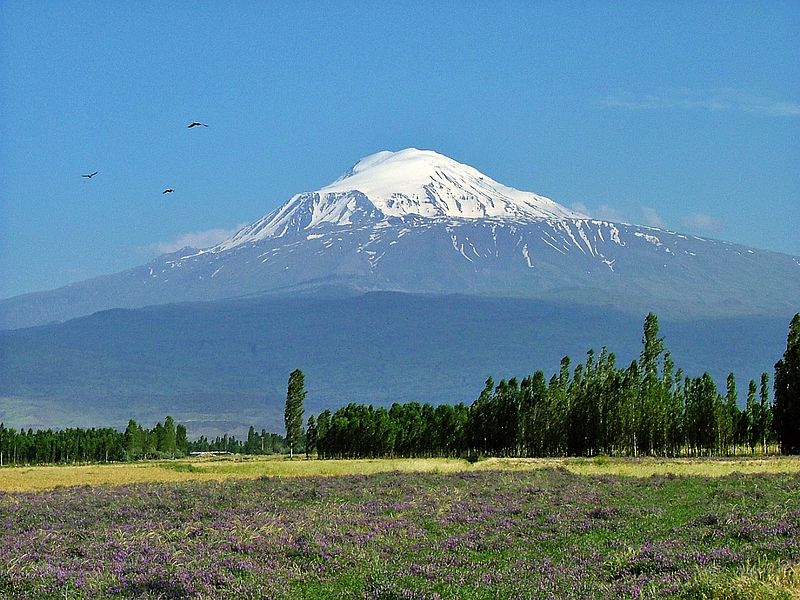I was so impressed with this film, and so glad that
it won an award! I believe that choosing this film to win an award must have been a statement to the world. The film was filled with messages, not only through its existence, its dialogues and monologues, but also through its rich cinematography.
One scene I

found incredibly meaningful was when Said and Khaled are sitting in the hills after work, smoking and talking. A boy brings them tea. After Khaled takes the tea from the boy, the two stare at each other; the boy wants to be paid for the tea. Khaled throws one coin on to the tray, but the boy continues to stare... and wait. At this, Khaled motions with his head for the boy to move on, but the boy does not; he just stands their and waits. Finally, he gives in and with a small sign of disgust on his face, he walks away. Said then remarks ungratefully that the tea is cold.
This little scene is so significant because it symbolizes so much: the waiting that everyone in Palestine is suffering, the oppressor (Khaled sitting higher looking down at the child, while the child, who is the one getting "ripped off," looks up at Khaled), the victim (the boy tries to stand his ground by staring back and waiting, but is eventually forced to give up and carry on), and the economic despair (Khaled tosses a coin onto the tray). The film is filled with subtleties that are clearly not accidents, like Khaled and Said's "last supper" scene.
Another interesting device are the non-obvious differences between Said and Suha's lives. He grew up in the
refugee camp, and she grew up in Europe and Morocco. The questions that she asks him are of another world: "do you go the the cinema? What's your favorite genre? " She is quite wealthy too. Her home is warm in colors, and there are beautiful pillows and throws. Her place looks rather European, or maybe more like a romanticized idea of an Arabesque style. The place in which he lives has colder colors, and looks authentic. There is no elaborate furniture around and he sleeps on a regular thin mattress on the floor.
Although the end (which I won't spoil here) leaves one almost hopeless, I truly enjoyed
Paradise Now. It's a film that is incredibly honest and crafted beautifully . I find it a work of art - a work of art that could change one's life - and am glad that it has been recognized.

 (The Bastard of Istanbul P.114 - "Armenianness" #3: "If you have a picture of Mount Ararat hanging in your house, garage, or office.")
(The Bastard of Istanbul P.114 - "Armenianness" #3: "If you have a picture of Mount Ararat hanging in your house, garage, or office.")






